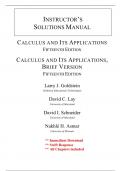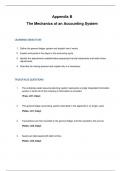Summary
Summary of third party rights and interests creation and an example question and answer
- Module
- Land Law (LNW)
- Institution
- University Of Law (ULaw)
Summary of third party rights and interests creation and an example question and answer.
[Show more]












